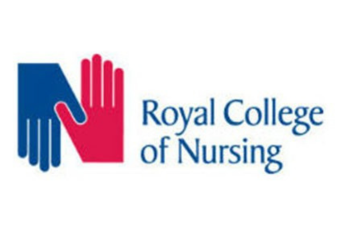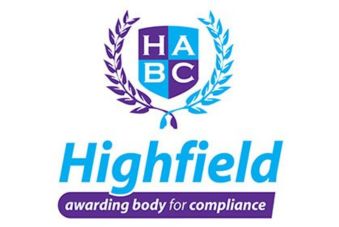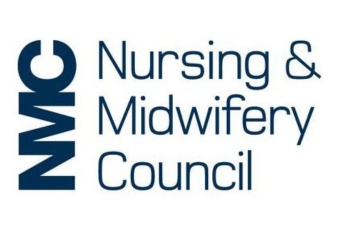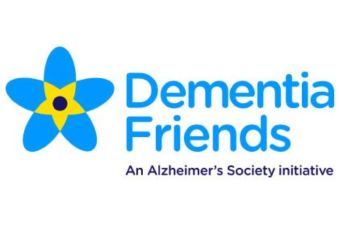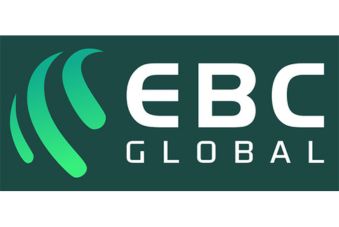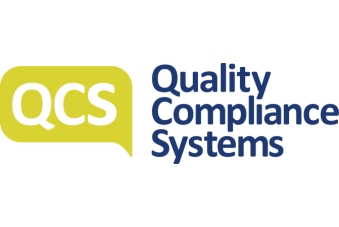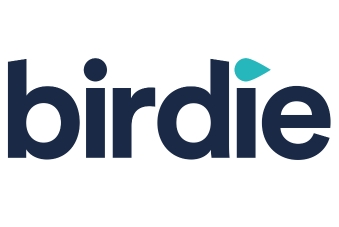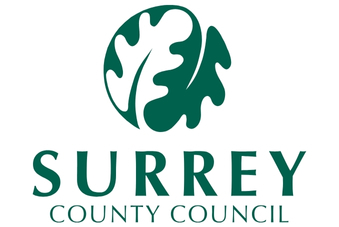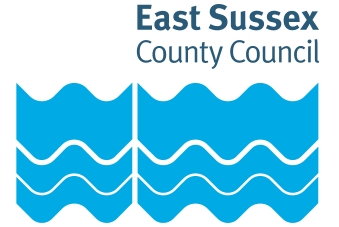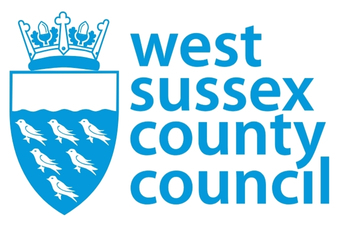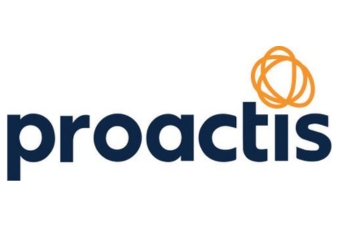What people say
The staffs are Unicare are very delightful , with such a willing and helpful personality. Thanks Unicare
Unicare Client
Acquired brain injury or Physical neurological impairment.
An acquired brain injury (ABI) is an injury caused to the brain since birth. There are many possible causes, including a fall, a road accident, tumour and stroke.
Autistic Spectrum Conditions (ASC), more commonly known as Autism Spectrum Disorders (ASD), refer to a range of neurodevelopmental conditions characterised by challenges with social skills, repetitive behaviours, speech and nonverbal communication, and unique strengths and differences.
A neurodevelopmental disability that affects the ability to effectively interact and communicate with people. Aspergers is no longer a diagnosis because it is difficult to differentiate it from autism spectrum disorder (ASD).
Autistic Spectrum Disorder – a developmental disorder that affects communication and behaviour and may include difficulties with communication and interaction with other people, restricted interests and repetitive behaviours, as well as a range of other symptoms that affect the ability to function properly in school, work, and other areas of life.
Code of Practice (A guide to schools and local education authorities about the help to be given to children with special educational needs. Schools and local authorities must have regard to the Code when working with a child with Special Educational Needs and Disabilities.)
Child and Adolescent Mental Health Service
Clinical Commissioning Group
Council for Disabled Children
Complex Learning Difficulties and Disabilities encompasses a wide range of needs. Individuals with CLDD may have a combination of learning difficulties, physical impairments, or mental health conditions. These categories often overlap, making it essential to provide tailored support for each person’s unique requirements.
Thinking and reasoning abilities
Communication difficulties in children can stem from various disorders, including language disorders, speech disorders, stuttering, and voice problems.
Cerebral Palsy (CP) is a group of movement disorders that typically appear in early childhood. These conditions affect coordination, muscle strength, and control.
Department for Education
Dyscalculia is a learning disability that affects a person’s ability to understand numbers and maths.
A condition affecting fine and/or gross motor coordination, resulting in difficulties to perform well in daily physical activities and clumsy movements, sometimes also accompanied by difficulties in articulation and thought / perception processing.
An Educational Health Care Plan is for children and young people aged up to 25 who need more support than is available through special educational needs support. EHC plans identify educational, health and social needs and set out the additional support to meet those needs.
Educational Psychologist
A neurological disorder that causes seizures or unusual sensations and behaviours. Treatment can control episodes.
Global developmental delay (GDD) is an umbrella term which refers to a significant delay in two or more areas of a child’s development. These areas typically include gross or fine motor skills, speech or language abilities, cognitive skills, and social or emotional development. Children with global developmental delay may take longer to reach developmental milestones compared to their peers. It is not a specific diagnosis but a description of a child’s developmental status.
High-ability children are those whose abilities surpass those of their similar-aged peers across one or more domains.
Local Authority
Learning Disability
Learning Support Assistant
A language programme designed to provide a means of communication to children and young people who cannot communicate efficiently by speaking
Obsessive compulsive disorder (OCD) is a mental health condition where a person has obsessive thoughts and compulsive behaviours.
Oppositional Defiant Disorder (a pattern of unusually hostile, disobedient, and defiant behaviours directed at adults or other authority figures).
Office for Standards Education Inspection team responsible for inspecting schools and local authorities.
Find an Ofsted inspection report
Occupational Therapist
Pathological Demand Avoidance (a pattern of extreme avoidance of everyday demands and expectations, often accompanied by high levels of anxiety and hostility).
Profound Learning Disability
Profound Learning Disability
Speech and Language Therapy
Speech, Language and Communication Needs
SEMH stands for Social, Emotional, and Mental Health. It encompasses a range of difficulties that children and young people may experience, such as emotional dysregulation, anxiety, depression, and behavioural disorders
Special Educational Needs is a legal term. It describes the needs of a child who has a difficulty or disability which makes learning harder for them than for other children their age. Around one in five children has SEN at some point during their school years.
Special Educational Needs Co-ordinator
Special Educational Needs and Disabilities
Specific Learning Difficulties is an umbrella term that covers the range of frequently co-occurring difficulties, most commonly as: Dyslexia, Dyspraxia, Dyscalculia, Dysgraphia and sometimes ADHD and ASD
Statement of Special Educational Needs
Specialist Teacher Advisors
Teaching Assistant
Team Around the Child
The staffs are Unicare are very delightful , with such a willing and helpful personality. Thanks Unicare
Unicare Client
